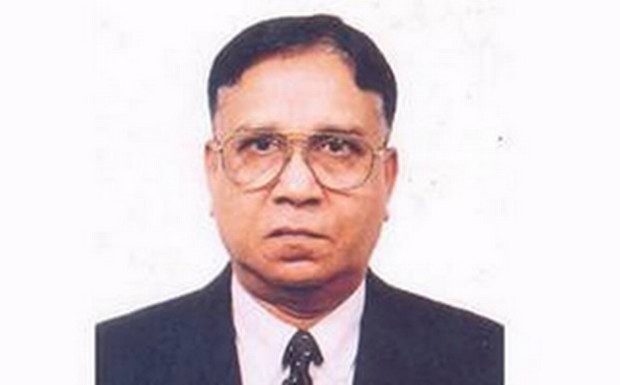
Convicting detained Syed M Qaiser of Habiganj, a former state minister during HM Ershad’s military rule in the mid-80s, for crimes against humanity during the 1971 Liberation War, the International Crimes Tribunal-2 on Tuesday unanimously sentenced him to death. With the 73-year-old accused in the dock, Justice Obaidul Hassan, Chairman of the 3-member tribunal, flanked by its two other members — Justice M Mozibur Rahman Miah and Justice M Shahinur Islam, pronounced a 484- page verdict at 12:15 pm in a crowded court room, after the trial. Earlier, before the judgment, police brought the accused in the tribunal lock up at 8:50 am amid tight security in and around the tribunal at the century-old high court building. The tribunal sat at 11:03 am. On Monday, the three-member tribunal, headed by Justice Obaidul Hassan fixed Tuesday to deliver its judgment. On August 20, the tribunal kept its judgment pending for delivery any day, after formally closing law-point arguments from both sides in the trial of 1971 war crimes against humanity allegedly perpetrated by Qaiser, and sent him to jail revoking its August 5, 2013 conditional bail granted on medical and humanitarian grounds. On February 2 this year, the tribunal indicted Qaiser for his involvement in crimes against humanity, including genocide during the 1971 Liberation War. Septuagenarian Qaiser, a turncoat politician, was arrested on May 21 last year in connection with the war crimes case. On November 14, 2013, the tribunal took cognisance of the formal charge as it found prima facie case against the accused under sections 3(2) and 4(1) (2) of the International Crimes (Tribunals) Act 1973. According to the investigation agency, after Bangladesh’s independence, Qaiser, a former Pakistan Convention Muslim League activist, entered politics by joining BNP and subsequently became the president of its Habiganj unit. Later, he quit BNP to join Ershad’s Jatiya Party and became state minister for agriculture in 1989. According to information, he lately joined the Liberal Democratic Party (LDP) of Col (retd) Oli Ahmad. — UNB, Dhaka.

